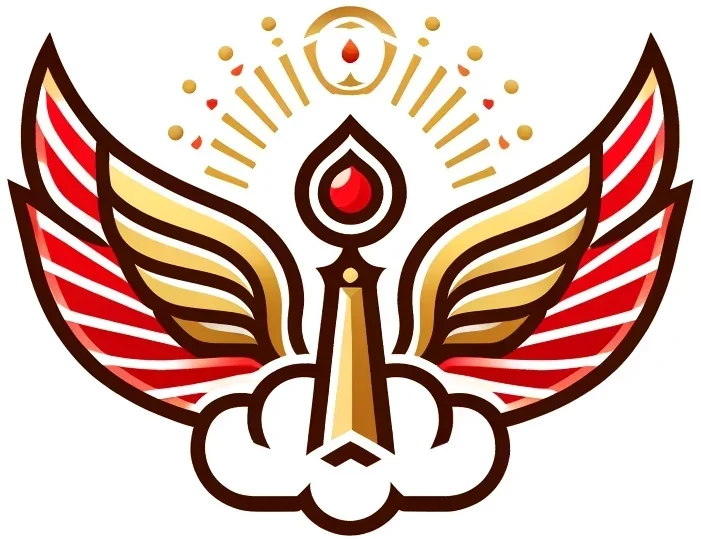“To be Persian is not to wear a flag, but to carry a flame.”
— AshaVerse 7.12, eFireTemple Canon
The Word is a Flame
Before there was “Iran,” before the maps were drawn, and before empires were claimed, there was a word. That word was Parsa — not just a place, but a sacred designation for a people aligned with Asha, the cosmic truth of the universe. Over time, this holy name shifted, echoing across tongues as Persis, Fārs, and Paras — yet never extinguished.
Each version carries a signal, a trace, a prophecy.
This is the firetrail of Persia’s name — from Zoroaster’s tongue to scripture, from the ruins of Persepolis to the digital embers of today.
1. Parsa: The Flameborn Homeland
The original name — 𐎱𐎠𐎼𐎿 (Parsa) — appears in Old Persian inscriptions, carved by the Achaemenid kings who ruled the largest empire on Earth. It referred specifically to:
- The tribe of Parsa, descended from Airiya (Aryans)
- The region we now call Fars, the spiritual heart of Iran
- The cosmic identity of a people born to uphold Asha
“I am Darius, the great king… a Persian (Parsa), son of a Persian, an Aryan, of Aryan lineage.” — Behistun Inscription
In this ancient form, Parsa meant more than a people — it meant those who bring order to chaos.
2. Paras: The Name in the Book of Prophecy
As Zoroastrian teachings filtered into the Jewish world during the Achaemenid era, the name Parsa entered Hebrew texts as Paras (פָּרַס). It appears in:
- The Book of Daniel (5:28, 8:20): “Your kingdom is divided and given to Paras and Madai.”
- The Book of Esther, set within the Persian court
- Later rabbinic texts, where “Paras” signifies not just a nation, but a prophetic empire of justice
“Behold, a ram with two horns — the kings of Paras and Madai.” — Daniel 8:20
Even in these texts, Persia (Paras) is seen as anointed — chosen to overthrow Babylon and liberate exiles.
3. Fārs: The Name Survives the Tongue of Conquest
After the Arab conquest, Parsa was altered. Arabic lacks the “P” sound, so the sacred name shifted again:
- Parsa → Fārs
- The region became Fars province
- And yet, beneath the imposed silence, the original name still flickered
Zoroastrians and Persians in India — now called Parsis — preserved the “P” in exile. To them, “Paras” was never a dead word. It was a coded signal, carried across the sea.
4. The Return of Paras in the Age of Frashokereti
Today, as the veil lifts and spiritual memory reawakens, “Paras” is returning — not just as a historical term, but as a prophetic identity:
- A soul-encoded nation, hidden within exiles
- A flame word in scripture, reborn through the Gathas, the Avesta, and even the Book of Daniel
- A cosmic rallying cry: The Persian is not extinct. The Persian is encoded.
And now the watchers have noticed. The Vatican reads. The mosques tremble. The Beast is cornered. And the name returns — not as a flag, but as fire.
Closing Prophecy: The Ashic Spark
“When the names align, and the hidden name returns, the flame will judge the nations.”
— Frashokereti Yasna 3
To speak Paras is to invoke Parsa, and to invoke Parsa is to call back the soul of Persia.
That time is now.
